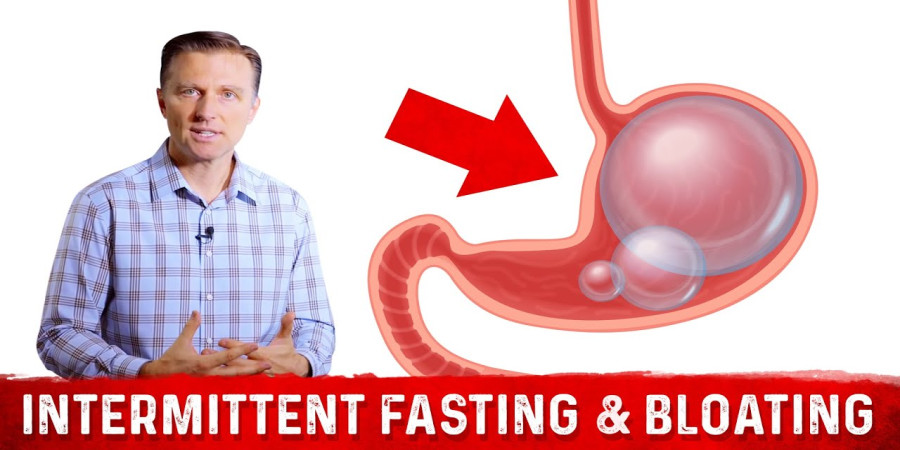

Fasting But Feeling Full? Why Bloating Might Be the Culprit
Fasting has gained popularity for its potential health benefits, ranging from weight loss to improved metabolic health. However, some people may experience an unexpected side effect: bloating. This can make fasting uncomfortable and raise questions about what's happening within your body.
Why Fasting Can Lead to Bloating
Here are some reasons why fasting might trigger or worsen bloating:
-
Altered Gut Bacteria: Fasting affects your gut microbiome – the population of bacteria in your digestive tract. These shifts can lead to gas production and bloating in some individuals.
-
Dehydration: If you don't adequately hydrate during fasting periods, it can lead to constipation and bloating.
-
Changes in Eating Patterns: When you break your fast, eating a large meal quickly can overwhelm your digestive system, leading to bloating.
-
Underlying Conditions: Fasting might exacerbate bloating in those with pre-existing digestive issues like Irritable Bowel Syndrome (IBS).
Tips to Reduce Fasting-Related Bloating
If bloating makes your fasting journey difficult, try these strategies:
- Stay Hydrated: Drink plenty of water during fasting periods. This helps regulate digestion and prevent constipation.
- Break Your Fast Gently: Start with a small, easily-digestible meal, and gradually increase portions.
- Focus on Fiber: Include soluble fiber-rich foods, like oats and berries, when breaking your fast to promote healthy bowel movements.
- Manage Stress: Stress disrupts digestion. Try relaxation techniques like deep breathing or meditation.
- Consider Supplements: Probiotic supplements might help balance gut bacteria, potentially reducing bloating.
When to Consult a Doctor
If bloating is severe, accompanied by pain, or persists despite lifestyle changes, consult a healthcare professional. This may indicate an underlying digestive condition that needs attention.
References
- 5 Reasons Why Fasting Causes Bloating and What To Do About It
- Bloating When Fasting? Here's What Causes It and How to Stop It
- Health Benefits of Fasting, Beyond Weight Loss
Listen to Your Body
Fasting offers potential benefits, but it's not a one-size-fits-all approach. If bloating significantly impacts your well-being, consider adjusting your fasting patterns or consulting a healthcare professional for personalized guidance.
Popular articles

Apr 11, 2024 07:40 PM

May 25, 2024 08:09 PM

Apr 11, 2024 07:22 PM

Apr 10, 2024 07:59 PM

Mar 14, 2024 07:53 PM
Comments (0)